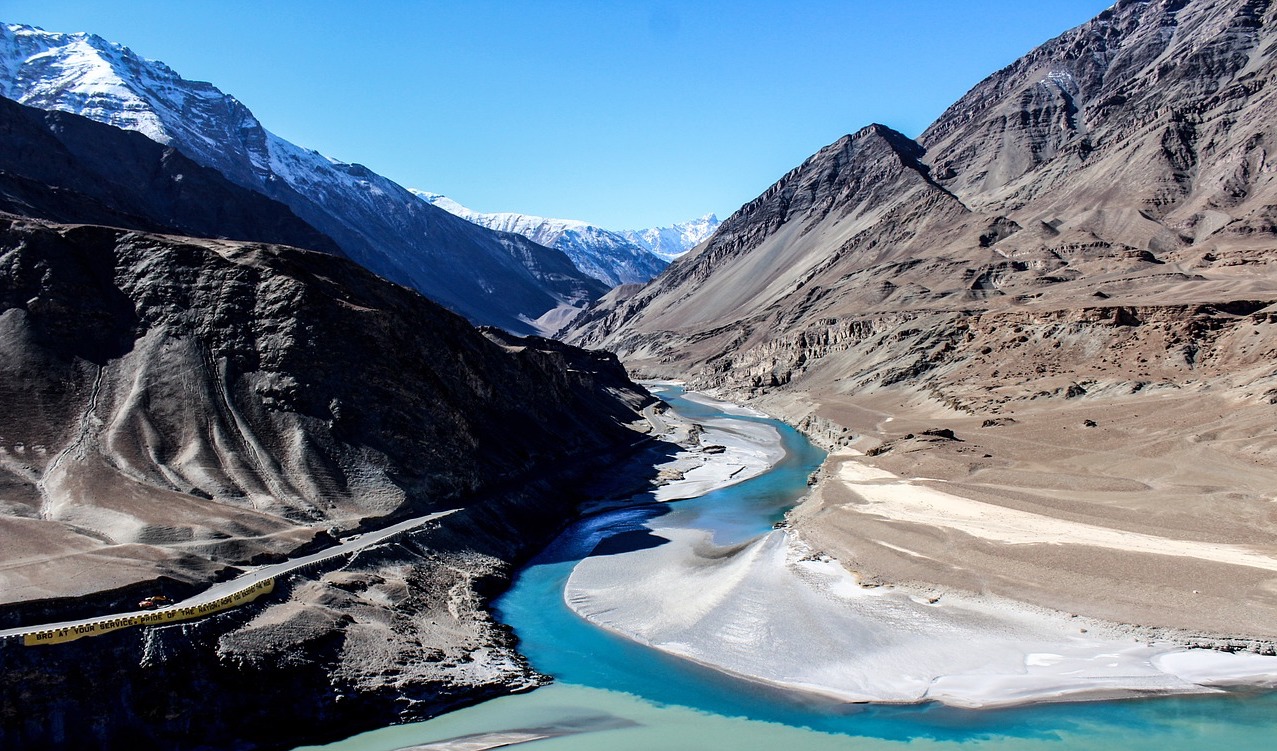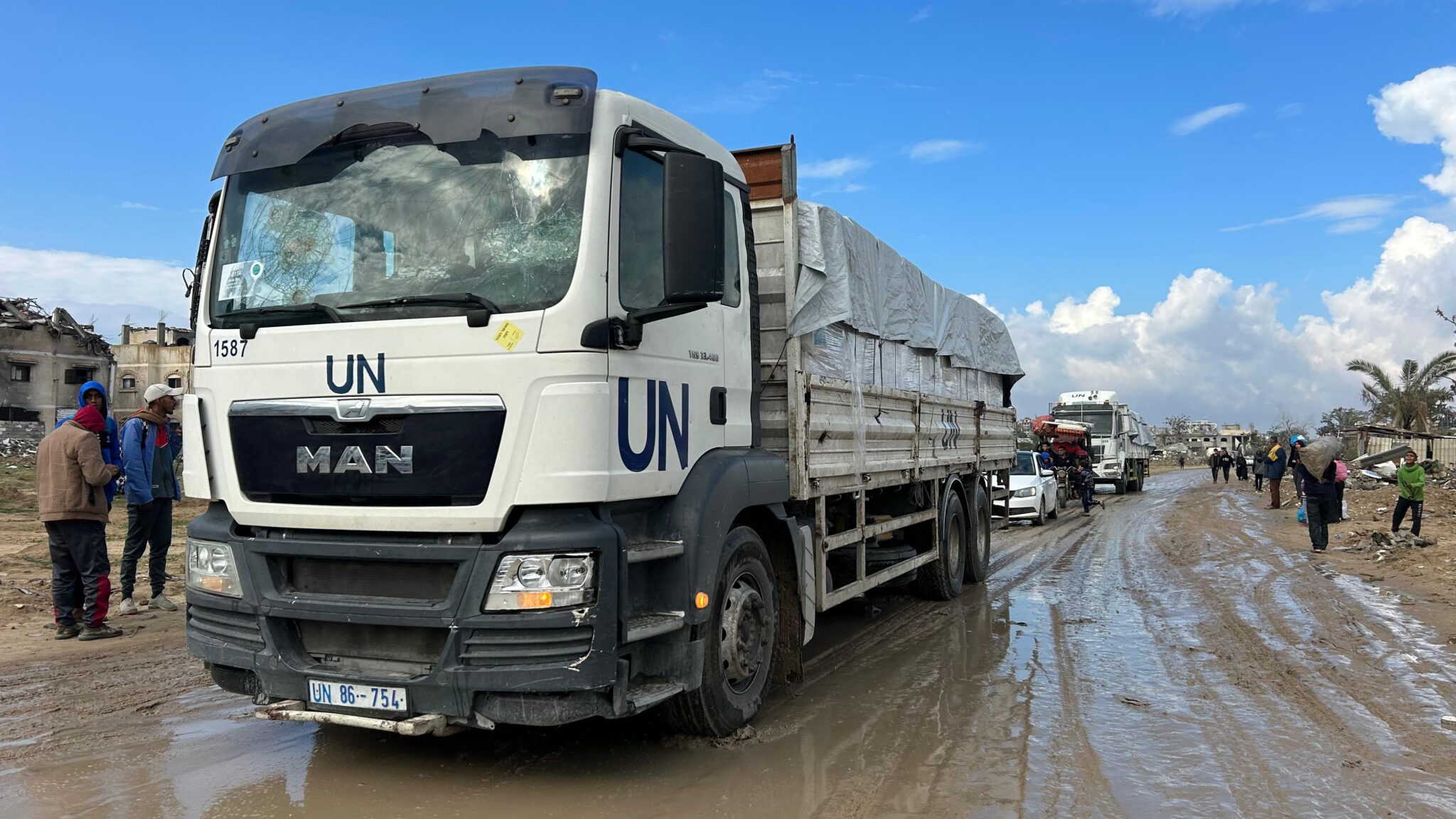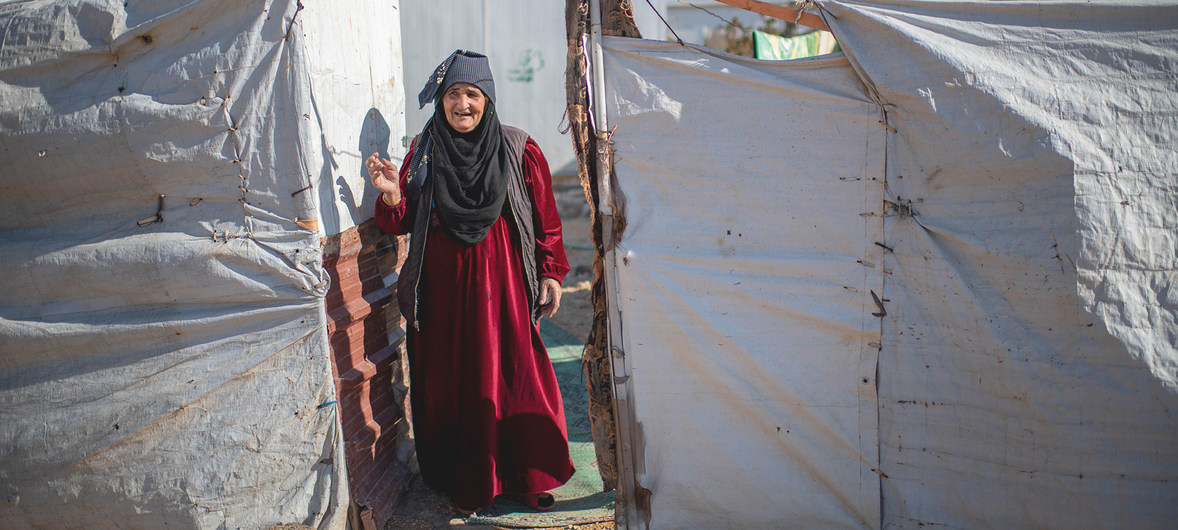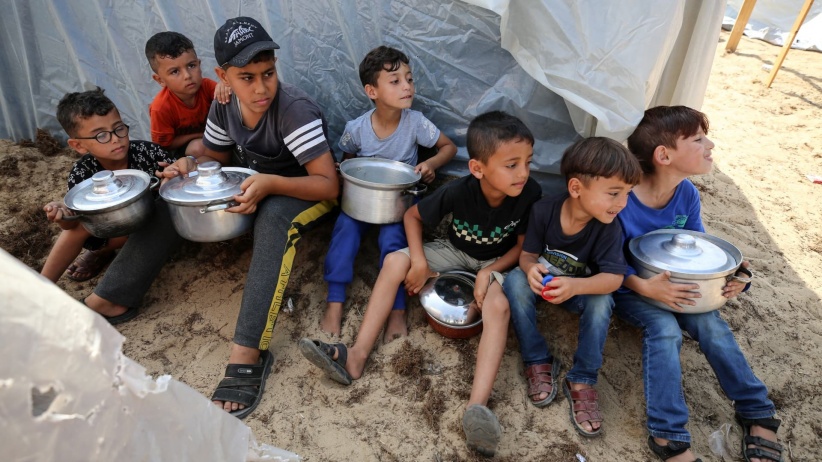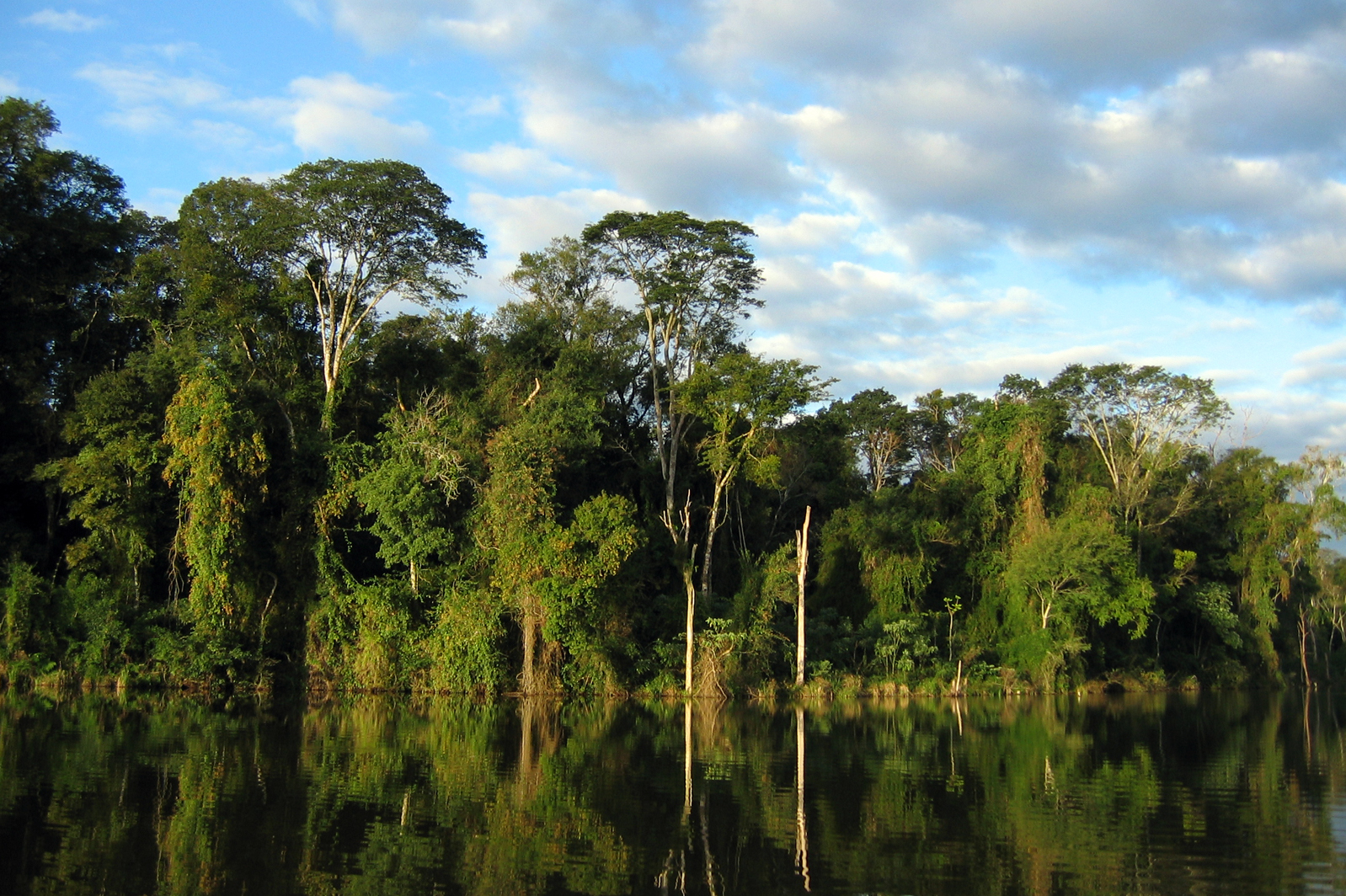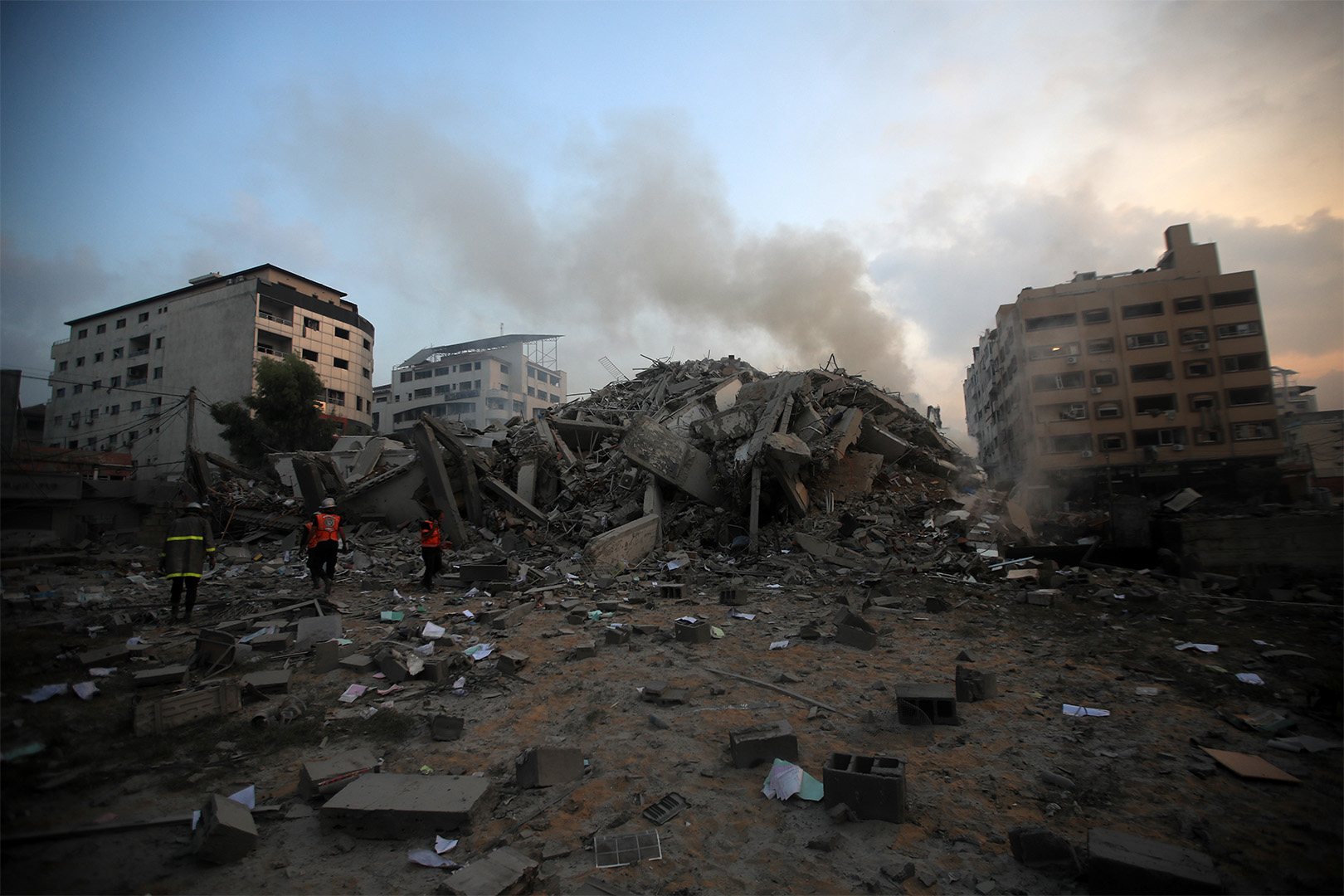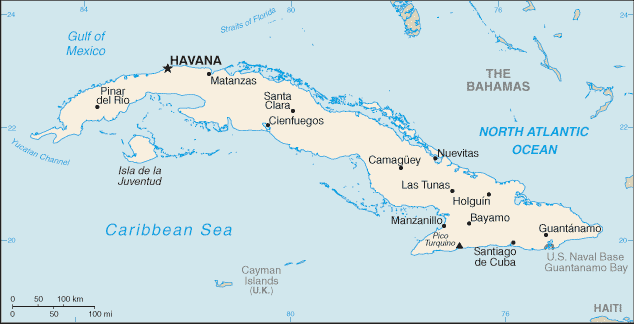
Panamanian workers on indefinite strike
Panamanian construction workers, teachers’ unions, and popular organizations launched an indefinite strike to protest the government’s proposed reforms to the pension system and to demand an end to US interference in the country. Protestors, led by the construction union SUNTRACS, were met by police repression in various parts of the country, including tear gas aimed directly at students. In addition to fears that reforms to the country’s social security system will lead to its privatization, the country’s grassroots organizations believe that President José Raúl Mulino has undermined Panamanian sovereignty by not being firm enough in his negotiations with the Trump administration over control of the Panama Canal. (Image: SUNTRACS)




